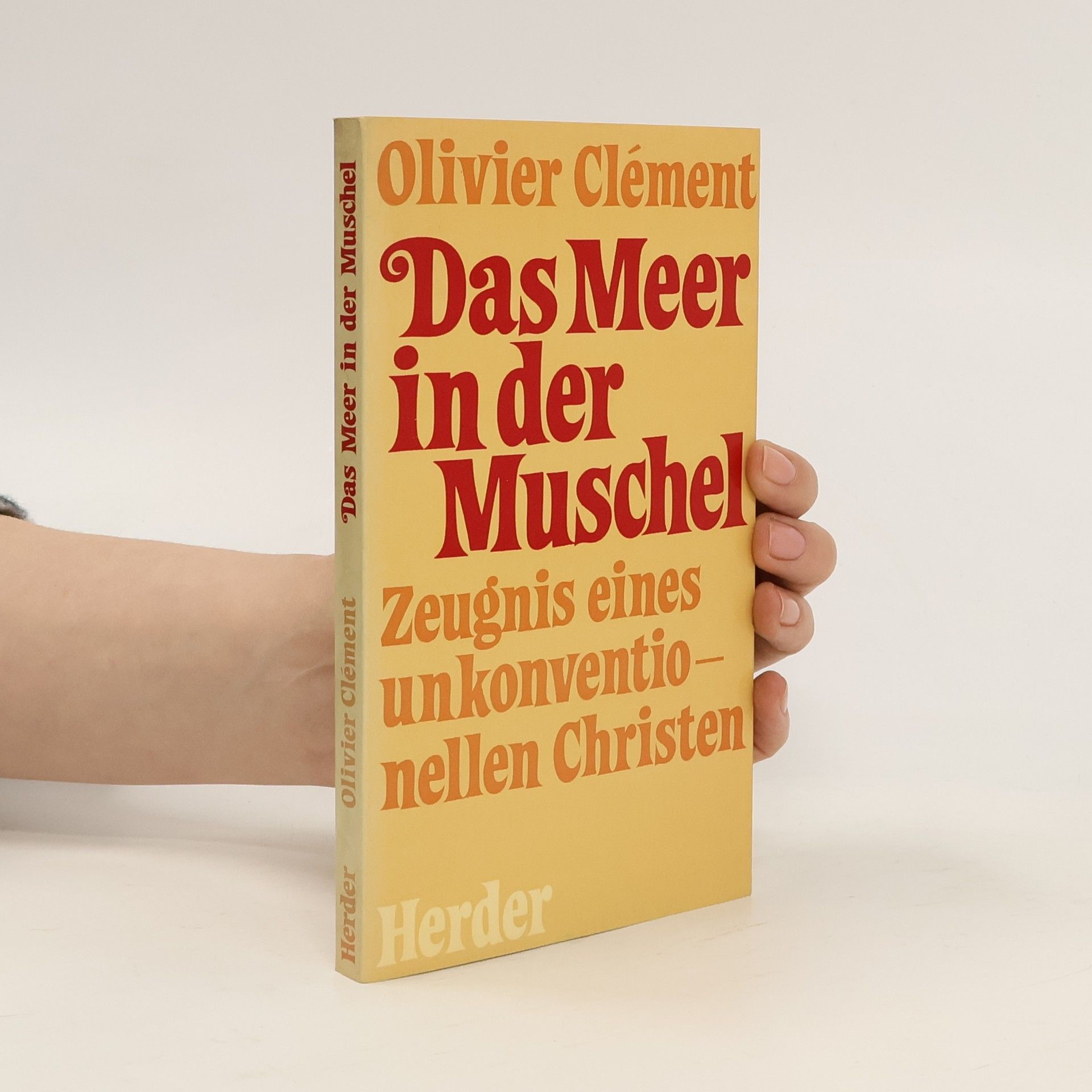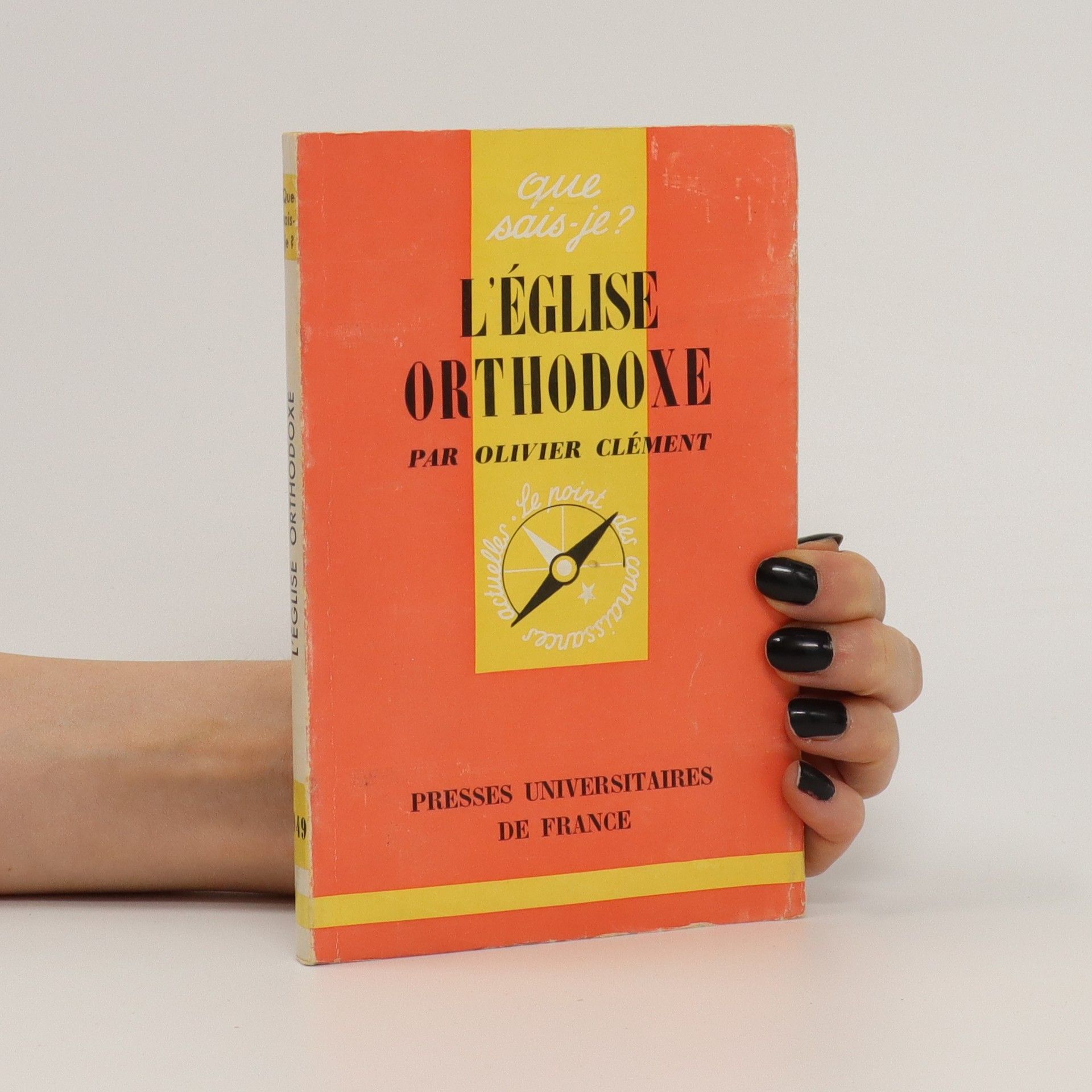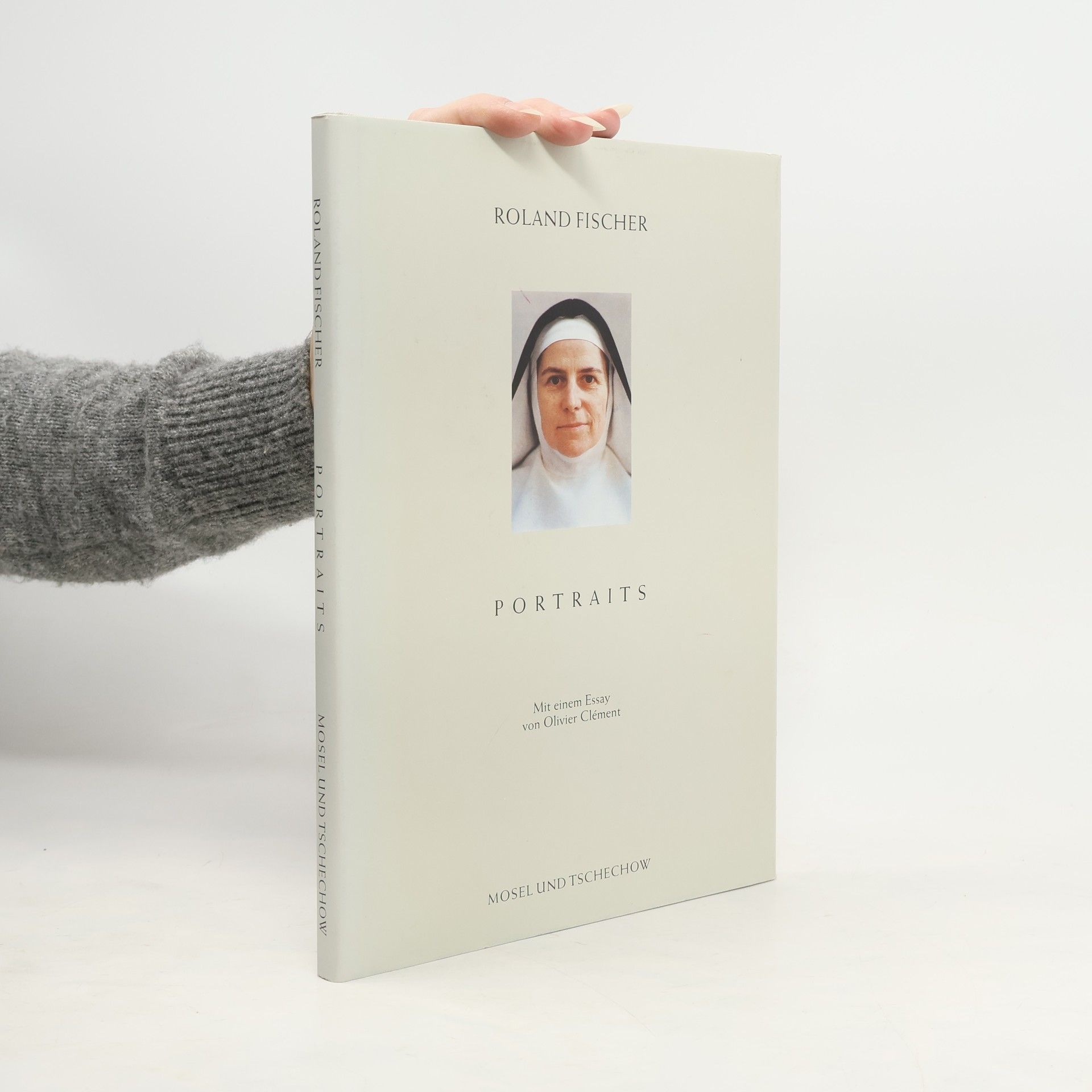The spiritual autobiography delves into Olivier Clément's journey from a childhood in an atheist family to a profound exploration of faith. Growing up amidst the beautiful landscapes of southern France, he grappled with existential angst. His quest for meaning continued through his university years and during his involvement in the Resistance in World War II. After the war, living in Paris as a young teacher, he faced deep despair, ultimately confronting the temptation of suicide, highlighting his struggle for answers in a seemingly indifferent world.
Olivier Clément Books
Olivier Clément was a French theologian and convert to Orthodox Christianity who taught at the St. Sergius Institute in Paris. His wide-ranging work encompassed poetry, literary criticism, philosophy, and theology. Clément devoted himself to uniting Christians of different backgrounds and inspiring readers with a love for the Orthodox tradition, which he believed would enrich the whole Church. He was known for his modesty, kindness, and balanced approach.

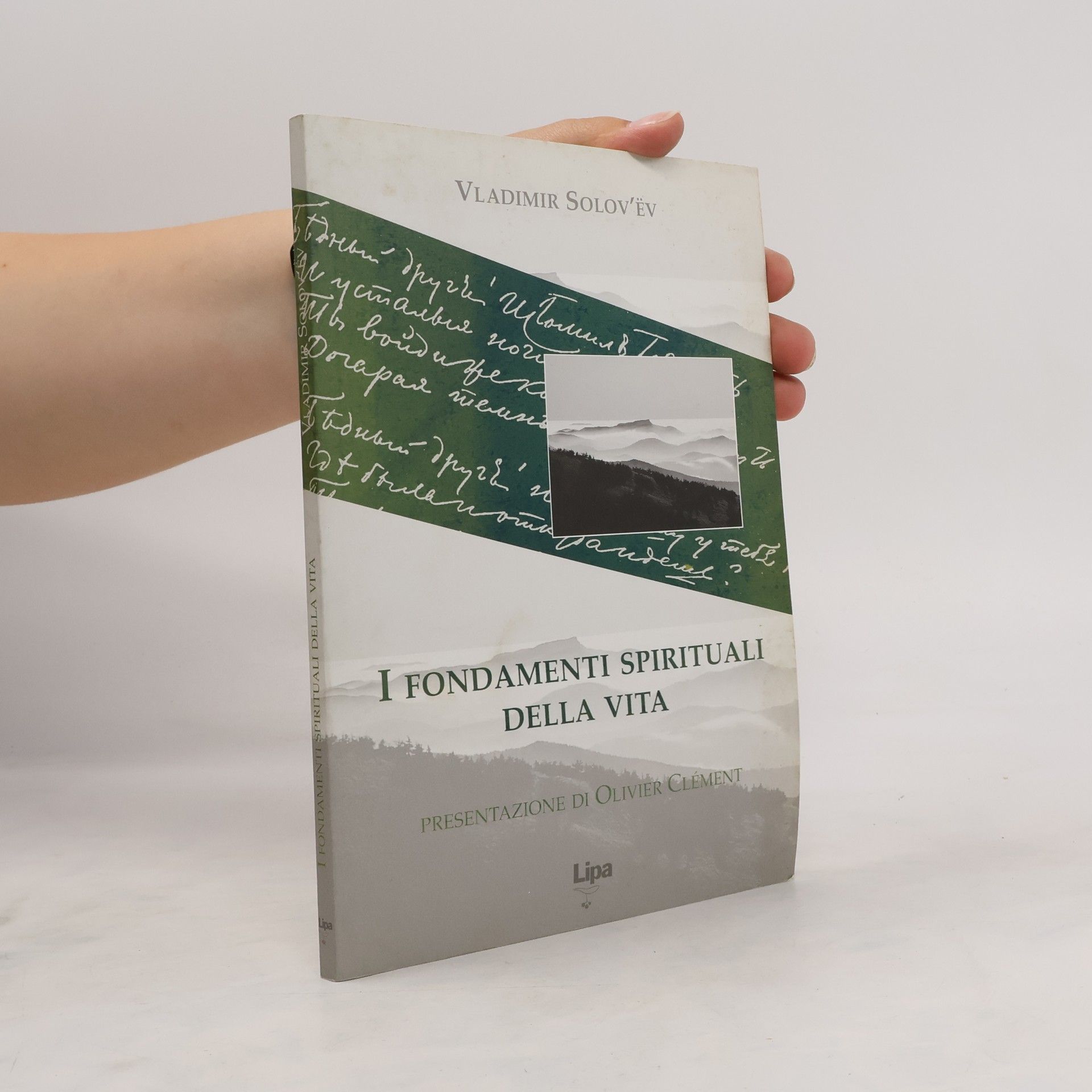
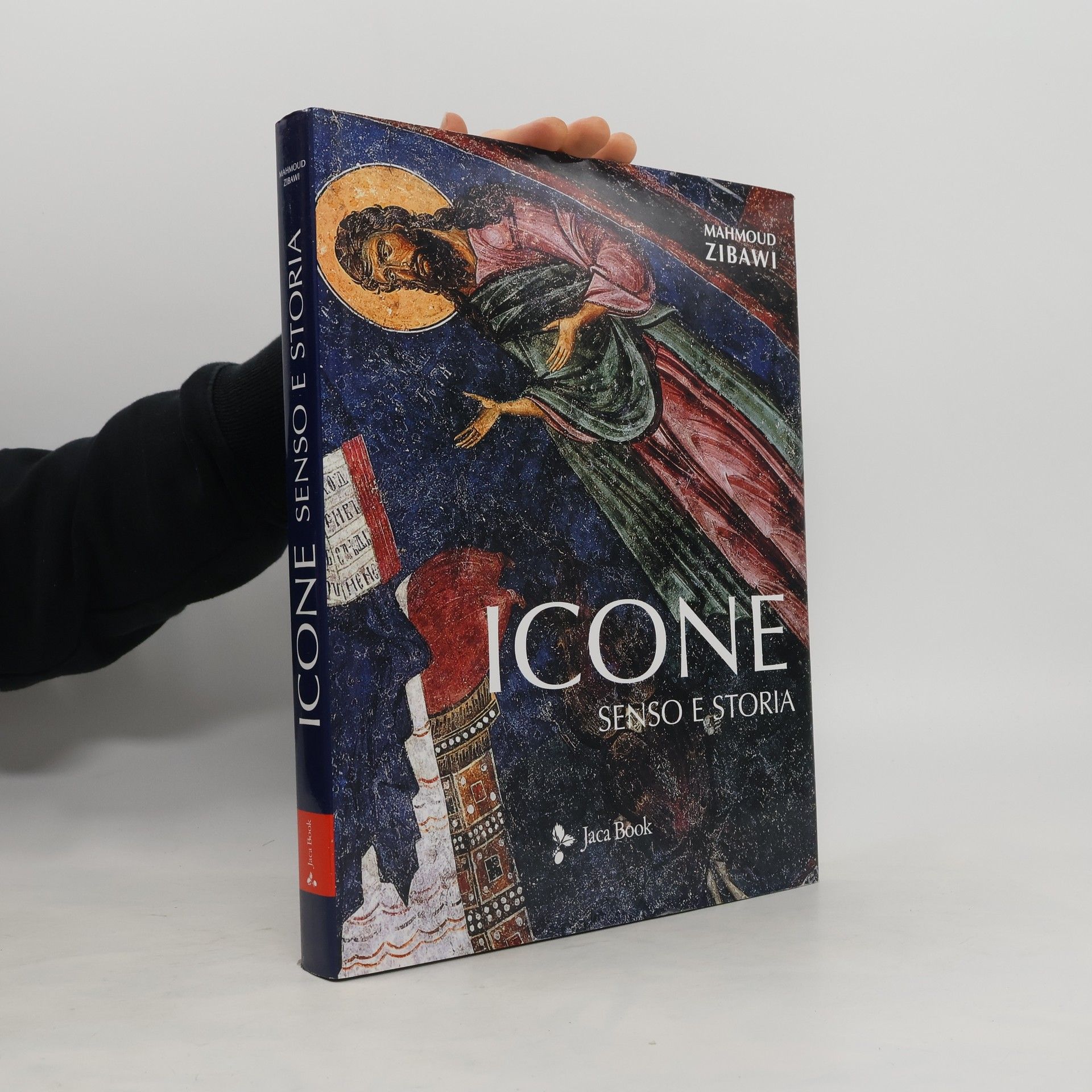
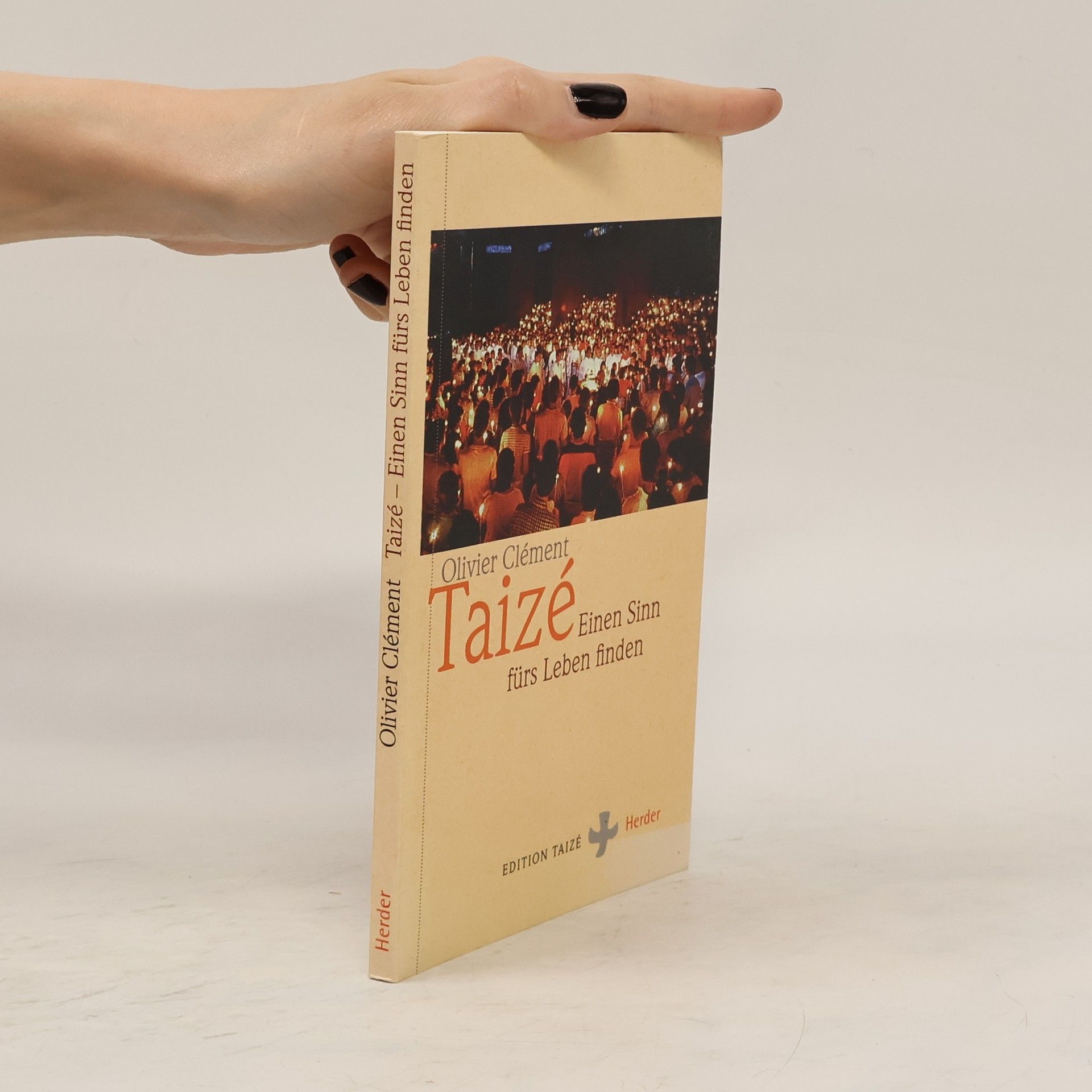



Dialogues with Patriarch Athenagoras
- 296 pages
- 11 hours of reading
The book presents a dialogue between Olivier Clément, a prominent Christian humanist, and a visionary Orthodox leader, highlighting their shared insights that bridge classical theology and modern thought. It explores how their conversations exemplify the interplay between pastoral authority and intellectual inquiry, showcasing the enduring influence of their ideas in the Eastern Christian community. Through this engaging exchange, the work illustrates the potential for meaningful dialogue between tradition and contemporary spirituality.
Taize. Einen Sinn fürs Leben finden
- 94 pages
- 4 hours of reading
Nella Chiesa d'Oriente l'icona occupa un posto fondamentale e primordiale. È parte integrante della celebrazione liturgica come strumento e mezzo di preghiera, riunisce in sé la dimensione del sacro e quella del divino, esprime una visione teologica e una prospettiva estetica. In questo volume, l'artista libanese Mahmoud Zibawi illustra il significato dell'icona a partire dai principi teologici e dai fondamenti dogmatici che ne hanno consentito la genesi, in un'area del mondo antico che fonde, nella specificità di questa arte, genio indoeuropeo, umanesimo greco-latino e immaginario indo-iraniano. Grazie a un ricco apparato di carte e illustrazioni, e a un'accurata appendice cronologica e museografica, Zibawi descrive lo sviluppo storico dell'icona. Prendendo in considerazione tutta l'area mediorientale (Bisanzio, ma anche Siria, Palestina, Cipro), la Grecia, la Macedonia e la Russia, procede in un approfondito percorso documentario, dai primi secoli dell'era cristiana al "classicismo bizantino" dei secoli XII-XIV fino ai tempi moderni, nell'esplorazione dell'arte dell'Oriente cristiano e di tutta la sua enigmatica ricchezza.
Das Meer in der Muschel
- 143 pages
- 6 hours of reading
Portraits
- 84 pages
- 3 hours of reading
